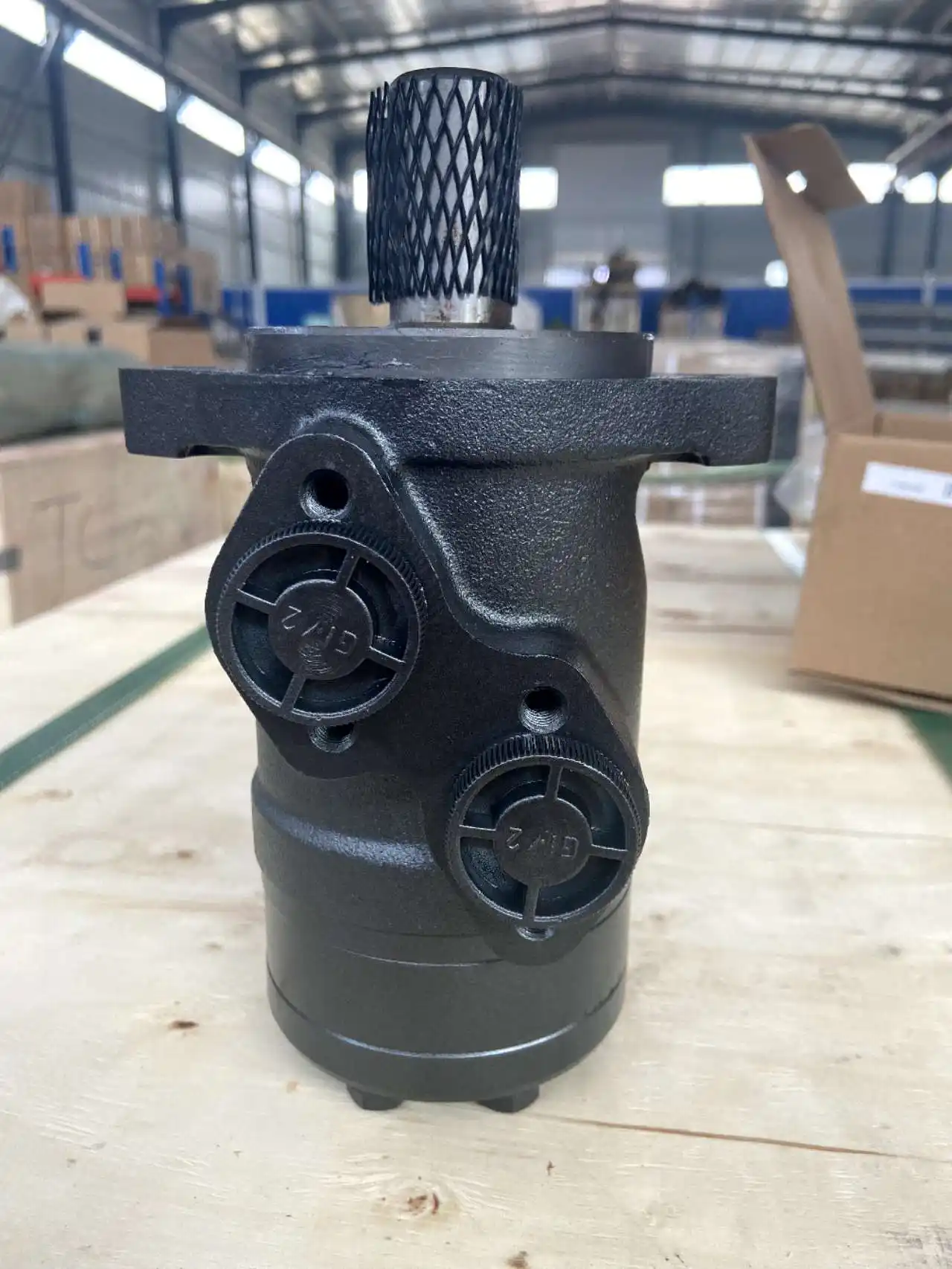When deciding between electric and diesel concrete pump motors, consider factors like energy efficiency, environmental impact, operational costs, and job site practicality. Each type has its pros and cons, and the right choice depends on your project's specific requirements. In this post, we'll compare both options to help you make an informed decision.
Energy Efficiency
Electric concrete pumps are much more energy-efficient than diesel ones. A recent case study shows that they use 67.3% less energy. This is because electric motors are better at converting energy into mechanical power. Diesel engines waste a lot of energy as heat, while electric motors convert electricity into mechanical energy with very little loss.
Environmental Impact
One of the most significant advantages of electric concrete pumps is their reduced environmental impact. Electric pumps produce zero emissions when powered by renewable electricity. Even when powered by grid electricity, they produce 12.9% less emissions than diesel pumps. As the grid becomes greener with more renewable energy sources, the environmental benefits of electric pumps will only increase. In contrast, diesel pumps emit pollutants such as carbon monoxide (CO), hydrocarbons (HC), particulate matter (PM), and nitrogen oxides (NOx), which can negatively impact air quality and human health.
Operational Costs
Electric concrete pumps tend to be more cost-effective to operate compared to their diesel counterparts. One of the primary reasons for this is that the energy expenses associated with electric pumps are significantly lower—about 59.1% less—than those for diesel pumps. This cost efficiency stems from the reduced energy consumption of electric pumps and the generally lower price of electricity when compared to diesel fuel.
Furthermore, electric pumps benefit from reduced maintenance costs. They are designed with fewer moving parts, which means they don't require frequent engine maintenance tasks like oil changes and filter replacements.
Additionally, the components that do experience wear and tear, such as the wear plate and wear ring, tend to have a longer lifespan in electric pumps. This combination of factors makes electric pumps a more economical choice in the long run.
Practicality and Performance
Electric pumps are known for their significant advantages, particularly when it comes to energy efficiency, reduced environmental impact, and lower operational costs. These features make them an attractive choice for many applications.
However, diesel pumps still hold their ground with a set of distinct benefits. For instance, diesel pumps are typically more robust and powerful, making them well-suited for handling tougher materials and managing larger volumes of concrete. This makes them particularly advantageous for use in remote job sites where access to electricity might be limited or unavailable.
Despite this, it's worth noting that recent advancements in battery technology, along with the increasing availability of mobile power solutions, are gradually diminishing the limitations faced by electric pumps in such scenarios. As technology continues to evolve, the gap between the capabilities of electric and diesel pumps is expected to narrow, offering more versatile and sustainable options for various industrial needs.
Total Cost of Ownership
When considering the total cost of ownership, electric concrete pumps often come out ahead. Although the upfront purchase costs for electric and diesel pumps are similar, the lower operational and maintenance costs of electric pumps result in significant savings over time. Additionally, electric pumps can help reduce project risks associated with supply chain disruptions, as they do not require the storage and handling of diesel fuel.
Conclusion
Choosing between an electric and diesel
concrete pump motor pump depends on your specific project requirements and priorities. If you prioritize energy efficiency, environmental sustainability, and lower operational costs, an electric pump is the better choice. However, if your project requires more power and you need to operate in remote locations without reliable access to electricity, a diesel pump may be more suitable.
As the construction industry continues to evolve and adopt more sustainable practices, the trend is increasingly favoring electric pumps. Their lower energy consumption, reduced emissions, and lower operational costs make them an attractive option for modern construction projects. However, it is essential to carefully evaluate your project's needs and consider factors such as job site conditions, power availability, and budget before making a decision.
Whether you choose an electric or diesel concrete pump, ensuring that it meets your project's requirements and aligns with your sustainability goals is crucial for long-term success.



